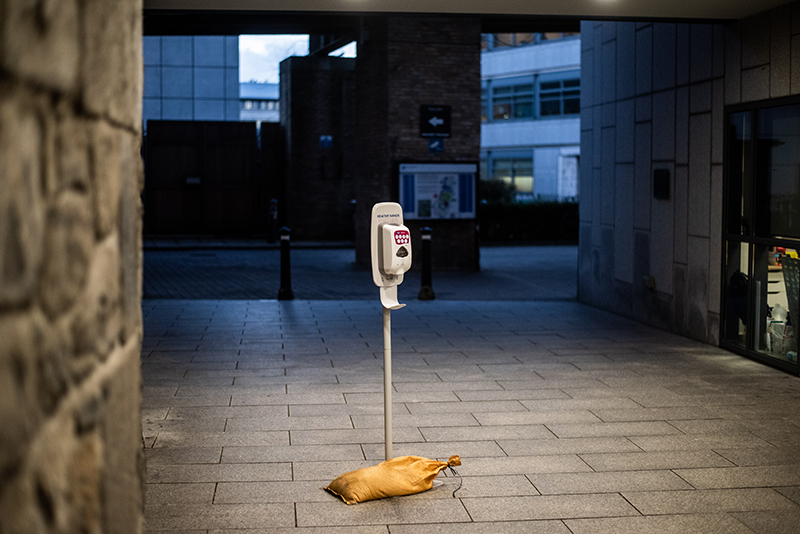As someone who has embarked on several short-lived careers to fund my luxurious lifestyle of Xi’an spicy chips, sustainable vintage clothing and various summer trips, the prospect of not being able to earn money for the foreseeable future is a daunting and stressful one.
As a seemingly eternal waitress for the past few summers, I have fully relied on the promise of earning the majority of my living money for the college year during the busy and tourist-infested summer months. The pandemic has turned this possibility – like everything else in the distant memory of normal life – into an unattainable reality for myself and many students.
I am lucky enough to live in Dublin and can commute to Trinity, so I have not been financially crippled by the ridiculously high prices of either College accommodation or Dublin rent. However, students who do have to pay for their own accommodation and general everyday living must be under unimaginable stress at the seemingly inevitable reality of serious unemployment in traditionally student-filled job sectors such as the service industry.
Working in restaurants or pubs where you are constantly in close contact with a large number of people each day seems as if it will be mostly impossible without a vaccine, and who knows when that will be made available? Many students are now looking ahead at a road that’s long, uncertain and confusing – with no concrete promises of when they will be able to return to work.
Working full-time is often only possible for full-time students in the summer, when they have no lecturers to ignore or tutorials to fall asleep in
Though I, like many other unbelieving part-time working students, have been incredibly fortunate to qualify for the weekly €350 unemployment payment, this has an expiry date.
A large number of students manage to financially support themselves throughout the college year by working over the summer months – an option I myself chose last year. Working full-time is often only physically possible for full-time students in the summer, when they have no lecturers to ignore or tutorials to fall asleep in.
Students who rely on taking on a large number of working hours over the summer to fund their expenses for the rest of the year have been left in a terrible situation: they were not working at the time of the lockdown in mid-March, and so were not eligible for the emergency unemployment payment.
These students also have close to no job prospects for the summer months. With many internships cancelled and the opening dates for restaurants and pubs still a faraway vision, the opportunities for students to make much-needed money are far and few in between.
Even when the country gets further into its phased re-opening, struggling businesses will be cutting down on staff and on hours, meaning job openings will be scarce and in high demand.
The government has a responsibility to its third-level students to put in place some kind of long-term support system for those who cannot find work they usually could
For students, the situation seems to be particularly worrying: we’re left wondering about what will happen when the unemployment benefit stops. Will we still have jobs to go back to? Will we be able to work? How are we supposed to support ourselves?
The predicted rise in mental health issues following the trauma of the pandemic could also potentially affect many students and subsequently their ability to work, leaving them with no financial support. This heightened stress, combined with financial uncertainty, will cause unimaginable harm to so many students.
The government has a responsibility to its third-level students to put in place some kind of long-term support system for those who cannot find work that they usually could.
The higher education sector is already crying out for funding for research and infrastructure. But universities are nothing without their students, and unless those who have been financially hit by the onset of coronavirus can be given the monetary support to complete their studies, who knows how many will be able to return next year.







